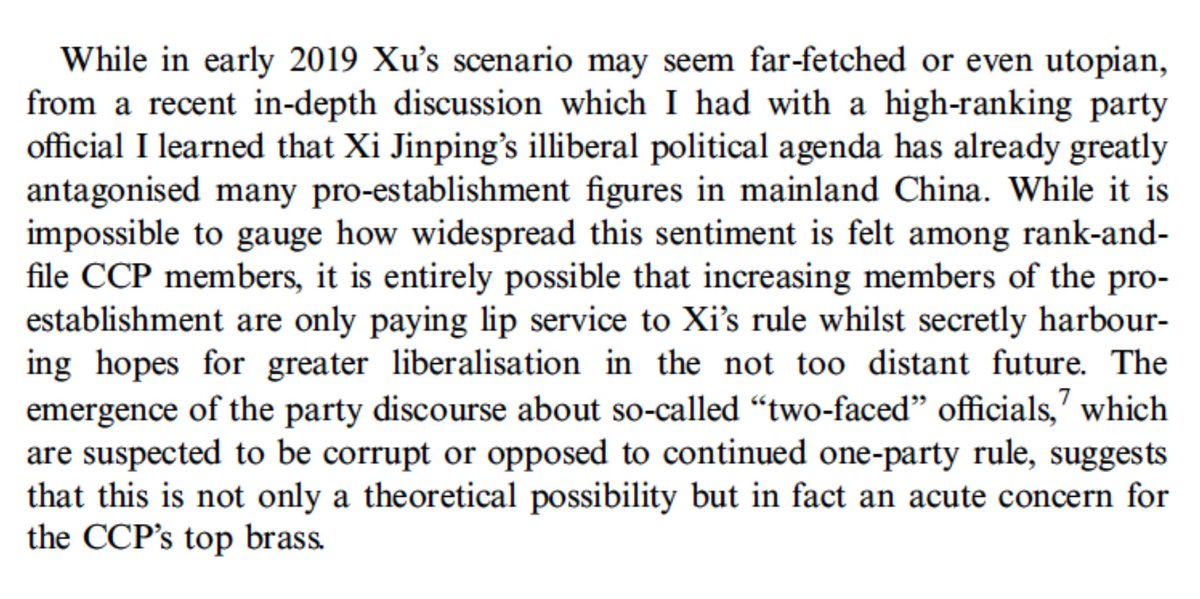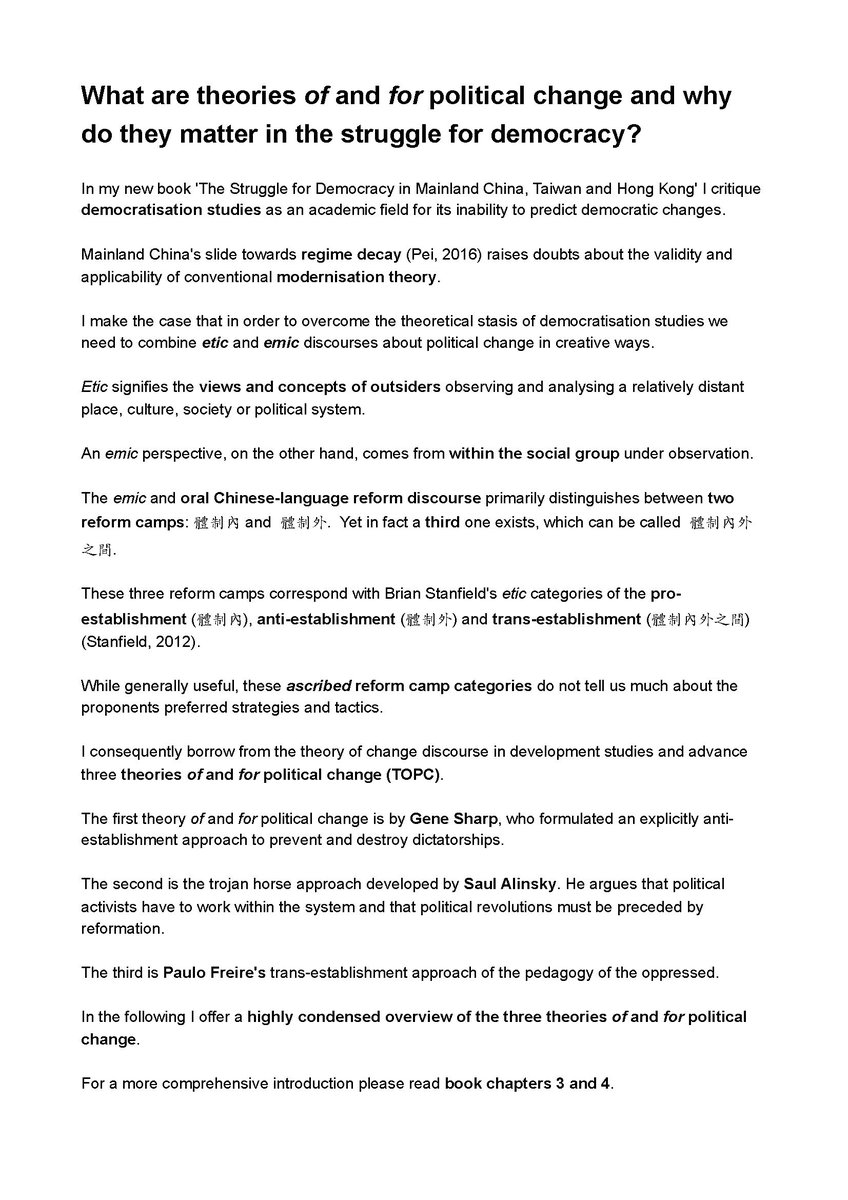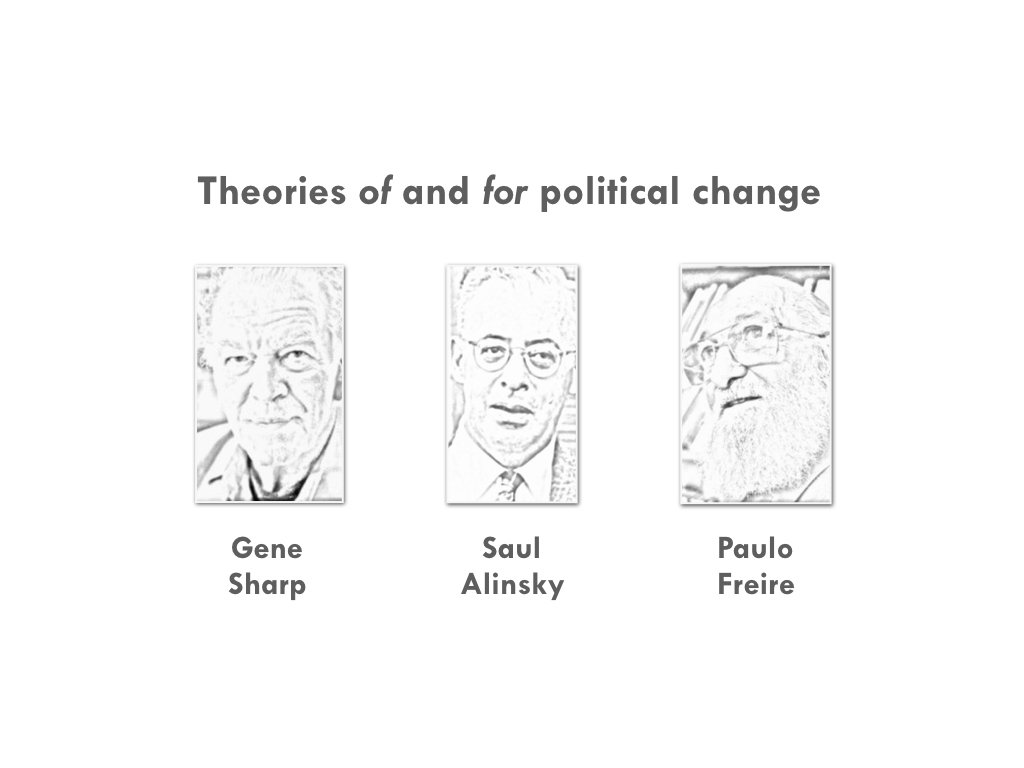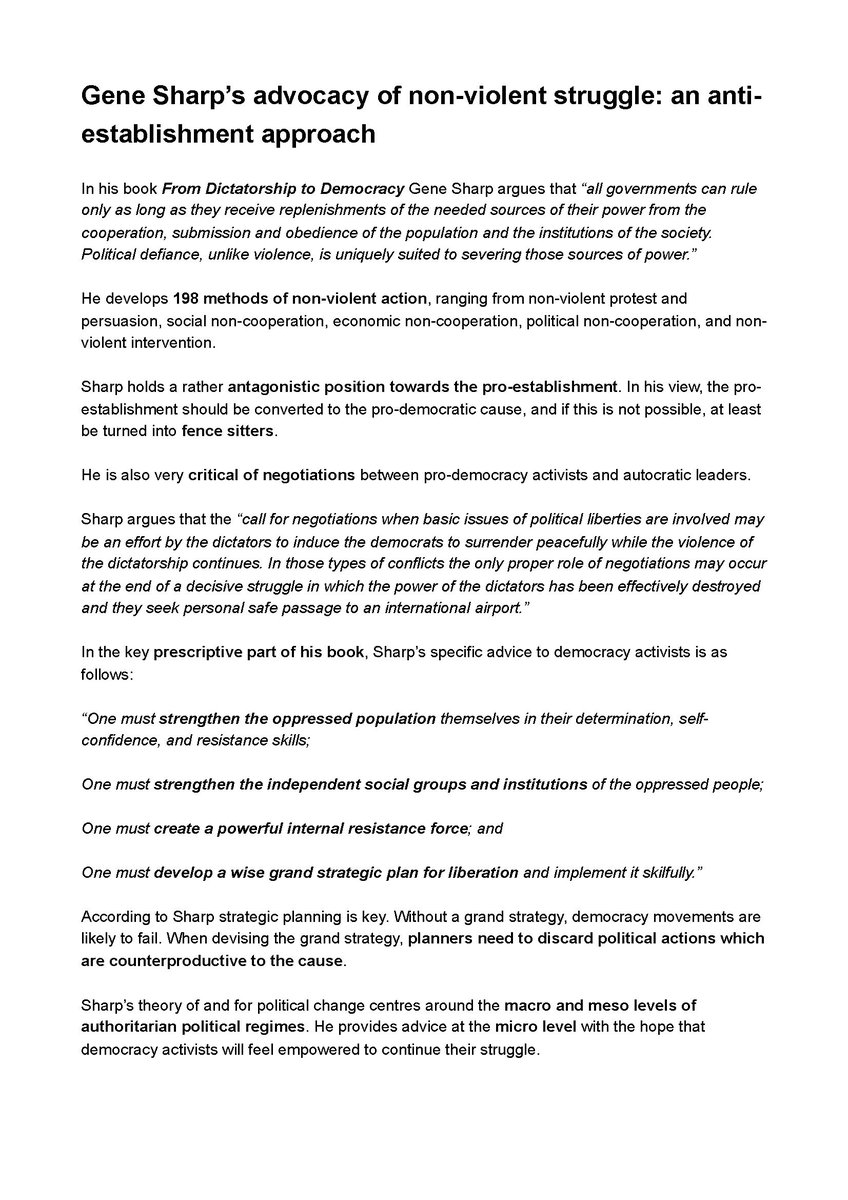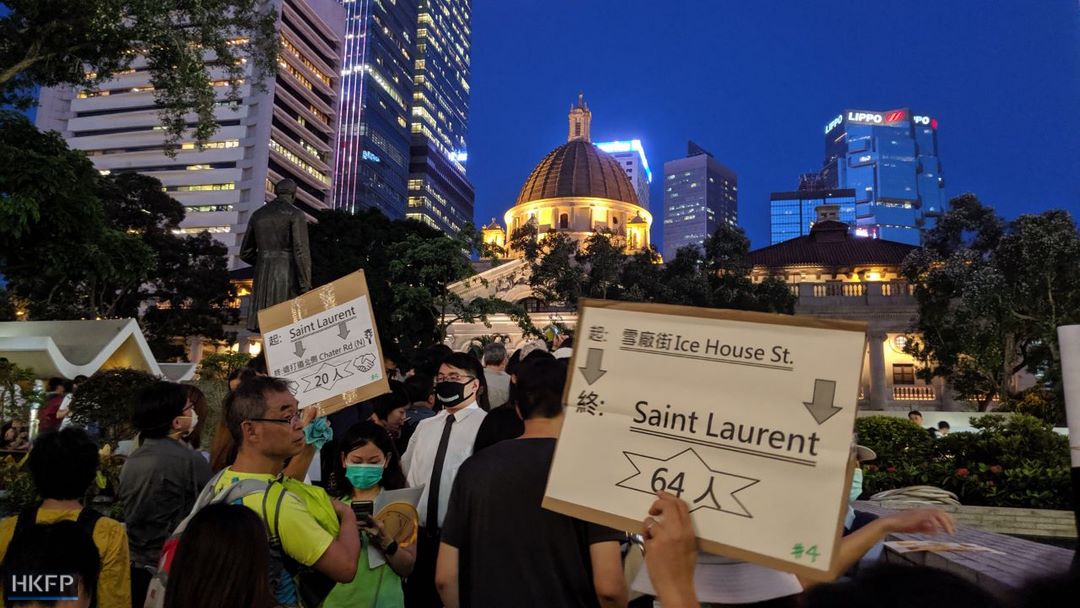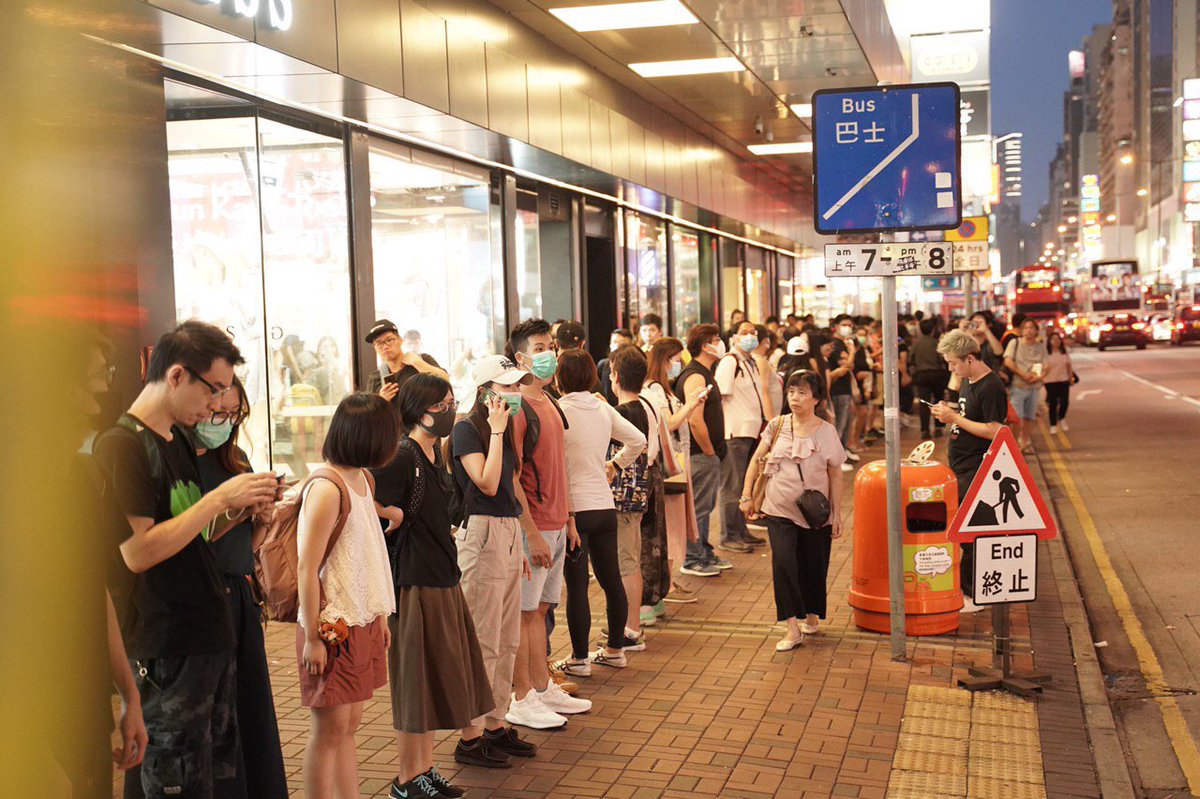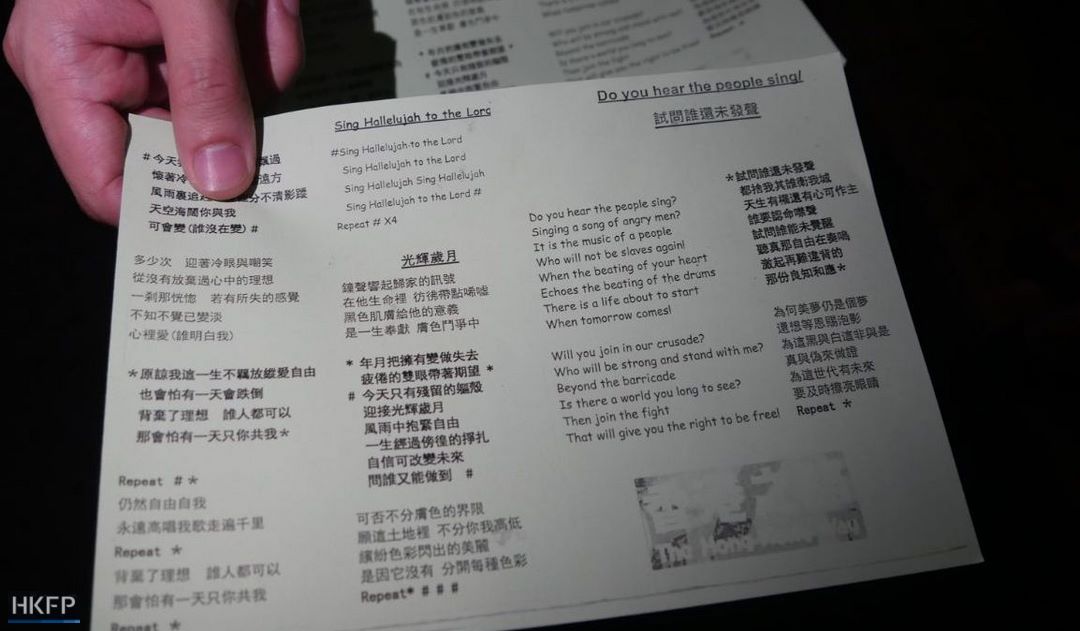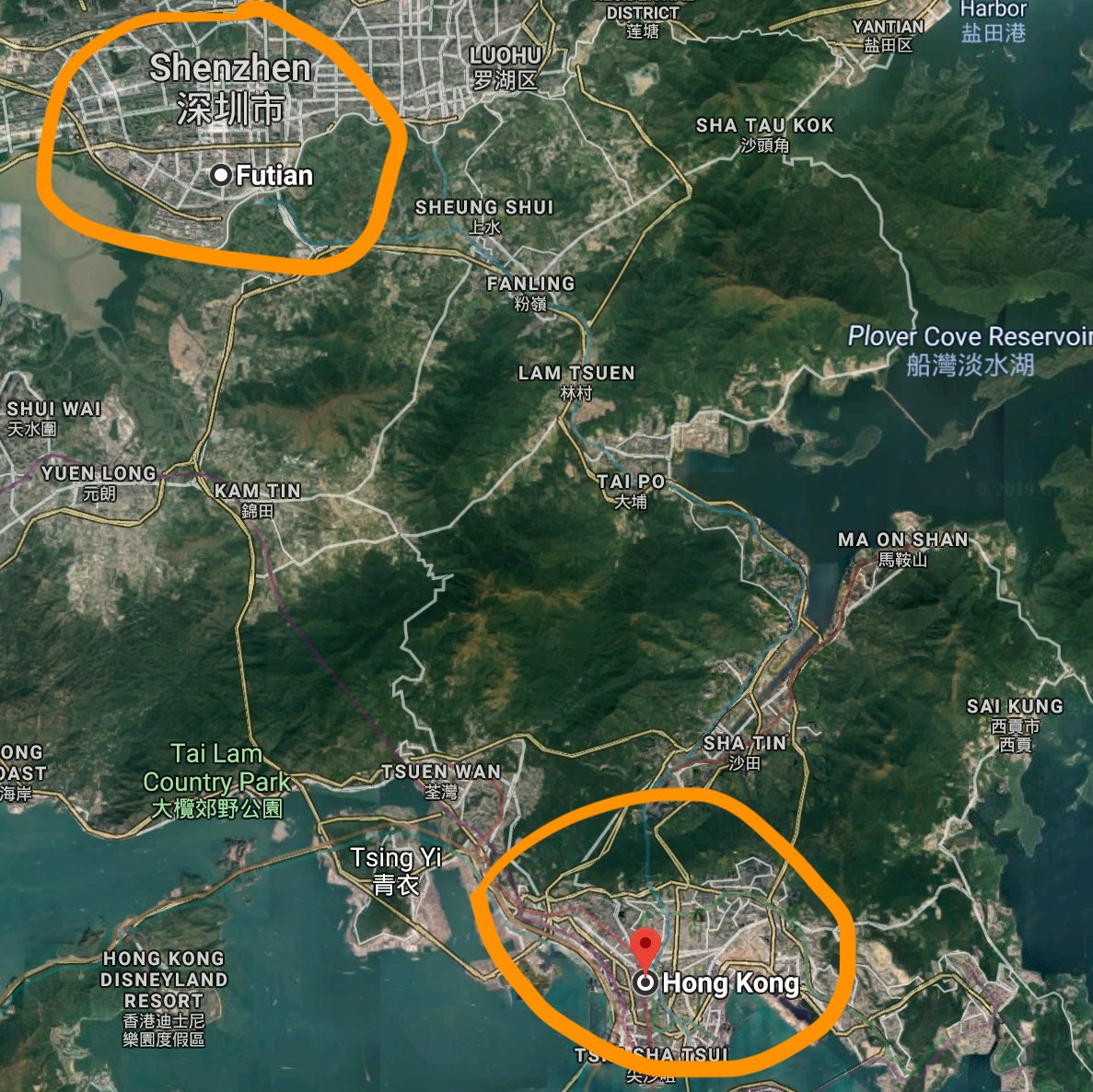Timely @washingtonpost report on the CCP's paranoia about political contagion from Hong Kong to mainland China by @ShibaniMahtani @gerryshih & Tiffany Liang.
#StandWithHongKong
washingtonpost.com/world/asia_pac…
"Andreas Fulda, the author of a book on efforts at democratization in China and a senior fellow at the University of Nottingham’s Asia Research Institute, said voices like Chen’s are 'not being heard.'
'But we shouldn’t think that these voices do not exist,' he added."
Since 2007 and as a university lecturer in the UK I have taught many mainland Chinese students.
In the years 2011-12 I noticed a shift in their overall attitudes, away from the party line & towards a much more critical inquiry /1
On 23 July 2011 two high-speed trains collided near Wenzhou, Zhejiang province.
The cover-up of this tragedy by the CCP showed utter contempt for the victims.
Many middle class mainland Chinese were shocked /2
I noticed that since 2011-12 International students from mainland China have become much more independent & critical in their thinking /4
Think of the role of highly problematic organisations like the Chinese Students and Scholars Associations /5
Yet *at the same time* they can also be considered 'latent networks' which can be used by the Chinese party-state in times of crisis /6
theasiadialogue.com/2019/07/05/hua…
The CCP is unleashing ethno-nationalism since they are worried that Chinese youngsters could demand the same freedoms /7
foreignpolicy.com/2019/07/29/bei…
During the *relatively* more liberal Hu/Wen era, an emancipatory mainland Chinese civil society has grown by leaps and bounds /8
There are *many* citizens in mainland China who are sympathetic to Hong Kong's cause /9
In mainland China there is a big constituency which is ready and open for liberal-democratic change.
They may not be able to speak about Hong Kong openly, but let there be no doubt:
They are on #TeamDemocracy /End


